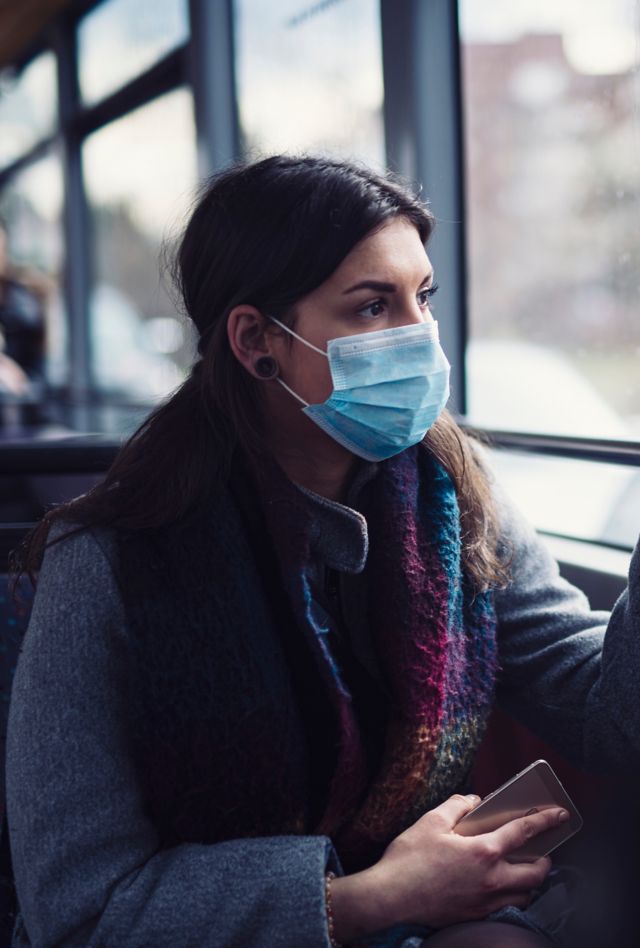Binational Bus Travel: An Innovation for Public Health Action

Problem
Cross-border bus travel represents a gap in U.S. disease surveillance and prevention.
The COVID-19 pandemic exposed gaps in how the U.S. seeks to prevent the spread of disease, which was complicated by how international travel facilitated the spread of COVID-19. One way that international land travelers enter the U.S. is as passengers on commercial bus services. As a mass conveyance with confined spaces, buses may increase the risk for the spread of disease, particularly as buses may lack the complex air filtering systems found on planes. Additionally, the practice of processing bus passengers at the U.S. border as individuals crossing on foot may complicate the identification of bus contacts should an infectious disease be identified in a bus traveler, which limits efforts to identify, track, and mitigate the spread of infectious disease.
Solution
An innovative study to prevent the introduction, transmission, and spread of infectious diseases into the U.S. via binational bus travel.
To respond to these challenges, NORC is conducting new research on land border travel at the U.S.-Mexico border and travelers using buses. As part of these efforts, we have collected new data through various methods, including an environmental scan, a literature review, interviews with stakeholders, on-site observations, and interviews with travelers. We used this data to develop profiles of the binational bus industry and binational border travelers and a report on the existing gaps in the public health management of binational bus travelers.
Result
NORC will provide actionable solutions to improve disease prevention in the U.S.
Using the new data collected for this project, NORC is working to identify actionable solutions for:
- Sharing health information with binational bus travelers on communicable disease prevention, and
- Collecting and sharing traveler data from commercial bus companies through bus manifests.
Working with stakeholders, NORC will further seek to pilot the selected solution(s) and conduct an evaluation to make recommendations as to the feasibility and potential improvements. This process is designed to help DGMQ gather the information it needs to be able to conduct contact tracing and notification among binational travelers, as well as improve the process by which DGMQ communicates communicable disease prevention information to this population, helping to prevent the introduction, transmission, and spread of infectious diseases into the U.S.
Related Tags
Project Leads
-
Rich Dunville
Principal Research ScientistProject Director -
Emily Grenen
Research ScientistProject Manager






:mobileHorizontal)

